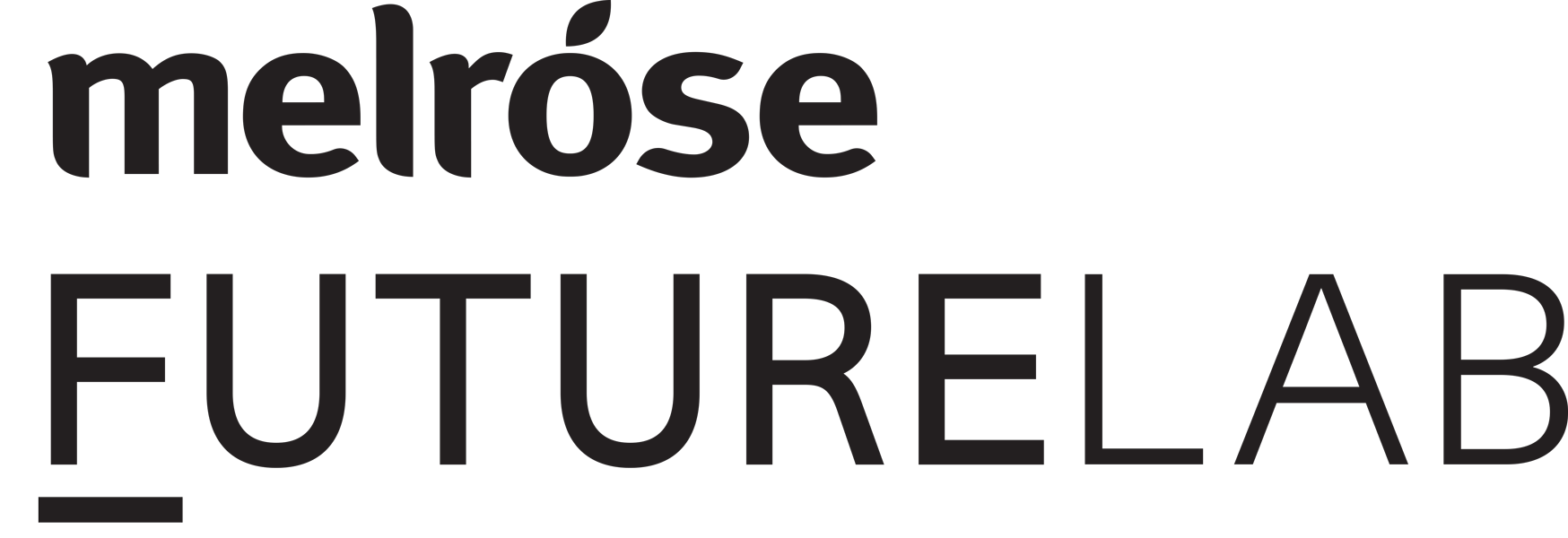As we age, maintaining muscle mass becomes increasingly important for overall health and quality of life. Muscle mass plays a critical role in enabling everyday movements, supporting metabolic health, and protecting against chronic diseases. However, ageing is often accompanied by a natural decline in muscle mass, known as sarcopenia. This decline can lead to decreased strength, increased frailty, and a higher risk of falls and injuries.
The Role of Muscle in the Body
- Functionality
Muscles are essential for everyday movements, balance, and physical strength. They enable us to perform tasks such as walking, lifting, and climbing stairs. Strong muscles contribute to better coordination and stability, helping to prevent falls and injuries. Additionally, muscle strength is critical for maintaining independence and performing daily activities as we age.
- Metabolic Health
Muscles play a significant role in regulating metabolism and maintaining a healthy weight. Muscle tissue is metabolically active, meaning it burns calories even at rest. A higher muscle mass increases the resting metabolic rate, which helps in weight management and prevents obesity. Furthermore, muscles are involved in glucose uptake, aiding in blood sugar regulation and reducing the risk of type 2 diabetes.
- Bone Health
Muscles are crucial for supporting and protecting bones. When muscles contract, they exert force on the bones, stimulating bone growth and maintaining bone density. This mechanical load helps reduce the risk of fractures and osteoporosis, conditions that become more common with age. Strong muscles around the joints also provide stability, preventing joint injuries and degenerative conditions like osteoarthritis.
- Cardiovascular Health
Maintaining muscle mass can significantly improve cardiovascular health. Regular physical activity, particularly resistance training, strengthens the heart and enhances blood circulation. This helps lower blood pressure, reduce cholesterol levels, and improve overall heart function. Consequently, individuals with greater muscle mass have a lower risk of developing heart disease and other cardiovascular and chronic conditions.
- Immune Function
Muscles play a role in supporting immune function and reducing inflammation. They produce and release cytokines, which are signalling proteins that help regulate the immune response. Maintaining muscle mass can enhance the body's ability to fight infections and reduce chronic inflammation, which is linked to various diseases, including autoimmune disorders and cancer.
Understanding the multifaceted roles of muscles underscores their importance in maintaining overall health and well-being. By prioritising muscle health through regular exercise, adequate nutrition, and proper lifestyle choices, individuals can enjoy better physical function and protection against numerous health issues as they age.
Strategies for Maintaining Muscle Mass as You Age
- Resistance Training
Resistance training, such as weightlifting, bodyweight exercises, and resistance band workouts, is crucial for preserving and building muscle mass. Engaging in resistance training at least two to three times per week helps stimulate muscle growth, increase strength, and improve bone density. It's essential to target all major muscle groups and progressively increase the intensity of the exercises to continue making gains.
- Aerobic Exercise
Aerobic exercises, including walking, jogging, cycling, and swimming, also play a vital role in maintaining muscle mass. While these activities primarily benefit cardiovascular health, they also support muscle endurance and overall physical function. Combining aerobic exercise with resistance training creates a well-rounded fitness routine that promotes muscle health and cardiovascular fitness.
- Balanced Nutrition
A balanced diet rich in high-quality protein is essential for maintaining muscle mass, especially as we age. Protein provides the necessary amino acids (aka building blocks) for muscle repair and growth. Older adults should aim for at least 1.0-1.2 grams of protein per kilogram of body weight daily. Distributing protein intake evenly throughout the day can enhance muscle protein synthesis more effectively than consuming most protein in one meal.
Sources of high-quality protein include lean meats, fish, eggs, dairy products, legumes, and plant-based proteins like tofu and tempeh. In addition to protein, it's important to consume adequate amounts of carbohydrates and healthy fats to fuel workouts and support overall health. Foods rich in vitamins and minerals, such as fruits, vegetables, whole grains, and lean meats, are also important for muscle health.
- Hydration
Staying hydrated is crucial for muscle function and recovery. Dehydration can lead to muscle cramps, fatigue, and decreased performance. Aim to drink plenty of water throughout the day, especially before, during, and after exercise. Hydration needs can vary based on individual factors such as activity level, climate, and overall health.
- Adequate Rest and Recovery
Rest and recovery are as important as exercise itself. Muscles need time to repair and grow after workouts. Ensure you get enough sleep each night and include rest days in your fitness routine to allow your muscles to recover. Listening to your body and avoiding overtraining can help prevent injuries and promote long-term muscle health.
- Consistency
Consistency is key to maintaining muscle mass as you age. Regular exercise and a balanced diet should be integrated into your lifestyle rather than seen as temporary measures. Setting realistic goals, staying motivated, and making exercise a habitual part of your routine can help ensure long-term success in preserving muscle mass.
By incorporating these strategies into your daily life, you can effectively maintain muscle mass, enhance physical function, and improve overall health as you age.
Benefits of HMB (Beta-Hydroxy-Beta-Methylbutyrate)
What is HMB?
Beta-Hydroxy-Beta-Methylbutyrate (HMB) is a compound produced in the body from the amino acid leucine. It plays a critical role in muscle metabolism and has been validated in hundreds of clinical trials as a dietary supplement, especially for its potential to preserve muscle mass and enhance physical performance. Recent studies highlight how HMB helps to minimise muscle protein breakdown, making it particularly beneficial for ageing adults and individuals engaged in intense physical.1, 2, 3, 4
Muscle Preservation
HMB is well-known for its ability to reduce muscle protein breakdown, which is crucial for preserving muscle mass. This is especially important for older adults who are prone to sarcopenia, the age-related loss of muscle mass. Studies have shown that HMB supplementation can help maintain muscle mass by decreasing the rate of muscle protein degradation and promoting muscle protein synthesis. This dual action supports overall muscle health and function, helping to prevent the decline in muscle strength and mass that often accompanies aging.2, 4
Fat Metabolism
HMB can also promote fat metabolism, supporting a healthier body composition. It helps reduce muscle breakdown during periods of calorie restriction or intense exercise, thereby preserving lean muscle mass while encouraging the body to utilize fat stores for energy. This effect not only aids in maintaining muscle mass but also contributes to improved body composition by reducing body fat percentage.
Strength and Function
Numerous studies have demonstrated the effectiveness of HMB in improving muscle strength and function. In older adults, HMB supplementation has been associated with increased muscle strength, better physical performance, and a reduced risk of falls. Athletes and individuals engaged in resistance training have also reported enhanced muscle gains, improved recovery, and greater overall strength when supplementing with HMB. These benefits highlight HMB’s potential as a valuable tool for enhancing physical function and performance across different age groups and activity levels.2, 3, 4
Supplementation Guidelines
To incorporate HMB into your diet, it's essential to follow recommended dosages and consider potential sources. The typical recommended dosage for HMB is around 3 grams per day. It is often advised to take HMB with meals or a protein powder to enhance absorption and effectiveness.
By understanding the benefits and proper use of HMB, individuals can effectively incorporate this supplement into their routines to support muscle preservation, enhance strength, and improve overall body composition as they age.
Conclusion
Maintaining muscle mass is vital for ageing individuals to ensure better physical function, metabolic health, and protection against various health issues. Regular exercise, balanced nutrition, and potentially incorporating supplements like HMB can significantly contribute to preserving muscle mass and enhancing overall well-being as people age.
Written by, Lyndall Wright.
References
- Gkekas, N. K., Anagnostis, P., Paraschou, V., Stamiris, D., Dellis, S., Kenanidis, E., Potoupnis, M.,
Tsiridis, E., & Goulis, D. G. (2021). The effect of vitamin D plus protein supplementation on
sarcopenia: A systematic review and meta-analysis of randomized controlled trials.
Maturitas, 145(Volume 145, 2021), 56–63. https://doi.org/10.1016/j.maturitas.2021.01.002
- Jendricke, P., Centner, C., Zdzieblik, D., Gollhofer, A., & König, D. (2019). Specific Collagen Peptides
in Combination with Resistance Training Improve Body Composition and Regional Muscle
Strength in Premenopausal Women: A Randomized Controlled Trial. Nutrients, 11(4), 892. https://doi.org/10.3390/nu11040892
- Wu, H., Xia, Y., Jiang, J., Du, H., Guo, X., Liu, X., Li, C., Huang, G., & Niu, K. (2015). Effect of beta
hydroxy-beta-methylbutyrate supplementation on muscle loss in older adults: A Systematic
review and meta-analysis. Archives of Gerontology and Geriatrics, 61(2), 168–175. https://doi.org/10.1016/j.archger.2015.06.020
- Zdzieblik, D., Oesser, S., Baumstark, M. W., Gollhofer, A., & König, D. (2015). Collagen peptide
supplementation in combination with resistance training improves body composition and
increases muscle strength in elderly sarcopenic men: a randomised controlled trial. British
Journal of Nutrition, 114(8), 1237–1245. https://doi.org/10.1017/s0007114515002810



Leave a comment
This site is protected by hCaptcha and the hCaptcha Privacy Policy and Terms of Service apply.